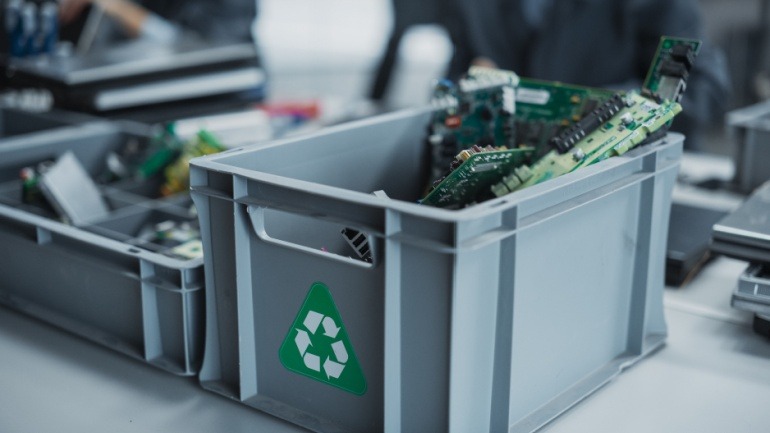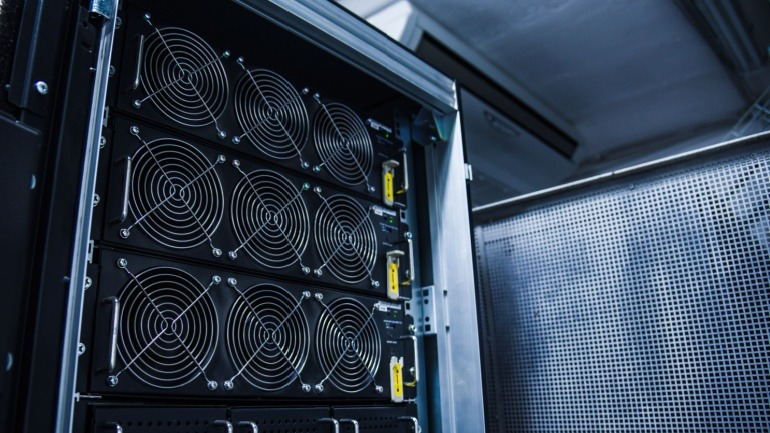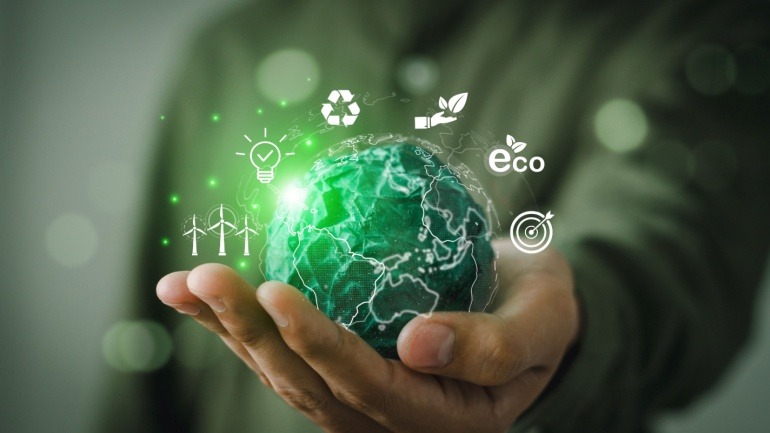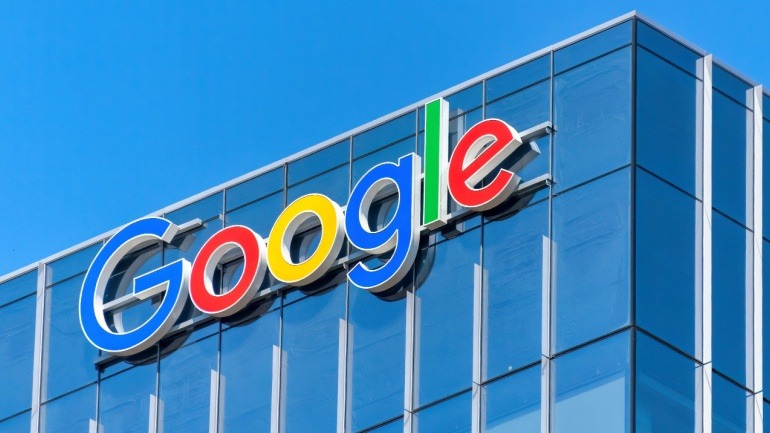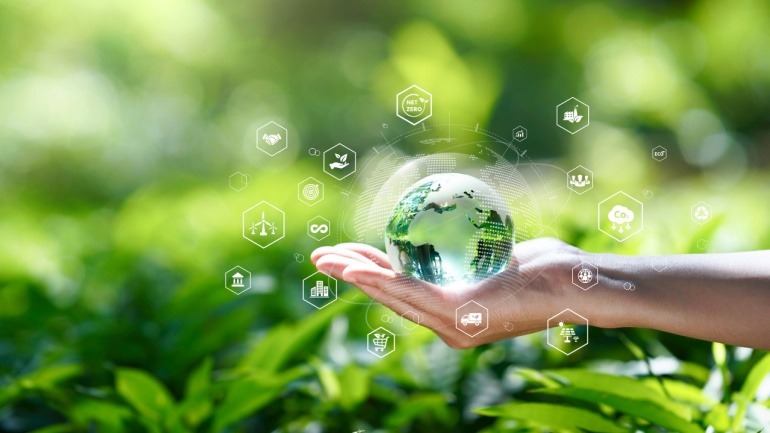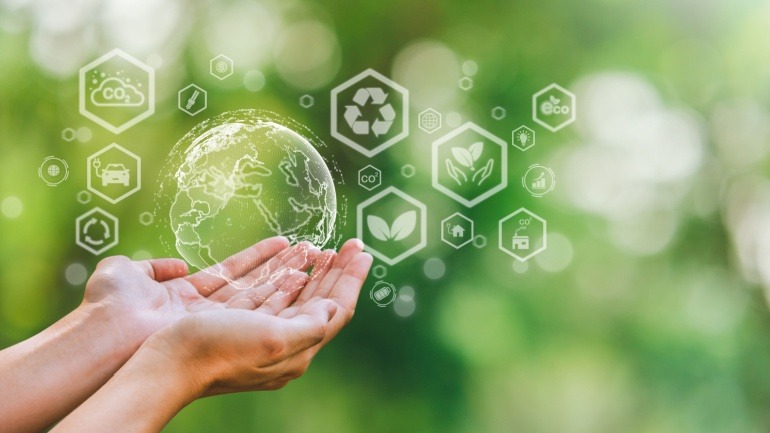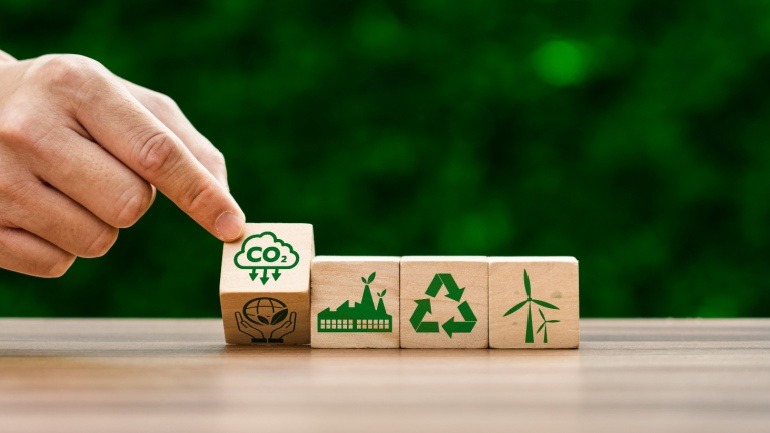In the ever-evolving landscape of Unified Communications (UC), sustainability is emerging as a key consideration, influencing how businesses select their UC providers. With regulatory changes and environmental responsibility becoming primary concerns, decision-makers must now weigh the ecological impacts alongside traditional factors like reliability and cost. This shift is further compounded by the energy demands of artificial intelligence (AI) integration in UC platforms, making accurate emission assessments crucial. For companies striving towards carbon neutrality, transparency in emissions and sustainable practices are integral to meeting both regulatory requirements and corporate social responsibility goals.
Virgin Media O2’s Recycle for Business initiative has processed 45,000 devices since October 2023, generating nearly £330,000 for participants. The program helps companies recycle unused tech, reduce waste, and support digital inclusion through donations to the Good Things Foundation.
Sparkle has partnered with Oceanic Environmental Cables to recycle 22,000 kilometers of unused submarine cables, significantly reducing carbon emissions. By repurposing materials, they drive eco-friendly practices.
Schneider Electric has introduced cutting-edge solutions to address energy and sustainability challenges linked to AI demand. With NVIDIA, they’ve developed a data center design supporting AI clusters with 132 kW per rack.
BT’s innovative mobile site in Shropshire exemplifies the future of sustainable connectivity by utilizing solar panels and a wind turbine, generating 70% renewable energy. This eco-friendly approach promises economic benefits and highlights BT’s commitment to reducing its carbon footprint.
The rapid expansion of AI, especially generative AI, has led tech companies to explore innovative energy solutions. In a groundbreaking move, Google collaborates with Kairos Power to harness nuclear energy, marking the first time a tech giant embraces nuclear power to meet its AI energy demands, significantly reducing carbon emissions.
Britvic has partnered with IoT provider Wireless Logic to implement telemetry data from its new digital flavour taps, enhancing logistics and sustainability. These taps replace up to 10,000 single-use plastic bottles, connecting directly to Britvic’s AWS cloud for real-time insights. This move aligns with Britvic’s Beyond the Bottle initiative.
Nokia introduces a Private Wireless Sustainability Calculator to boost industry sustainability through private wireless networks. Leveraging extensive deployment experience, this tool aids enterprises in achieving environmental and social goals. Key benefits include lower carbon emissions, improved safety, and cost savings, crucial for Industry 4.0 applications like drones and digital twins.
Logicalis has announced remarkable progress in its environmental sustainability efforts, as detailed in the Responsible Business Report 2024. Notable achievements include a 27% reduction in scope 1 emissions and a 17% reduction in scope 2 emissions. These efforts align with Logicalis’s goal to reach net-zero emissions by 2050.
Fujitsu is taking a bold step to popularize open All-Photonics Networks (APNs) by inaugurating a specialized lab in Düsseldorf, Germany. Scheduled to run from November 2024 to March 2025, this lab is the first outside Japan. This initiative aims to promote the global spread of Innovative Optical and Wireless Network, including APN technology.




